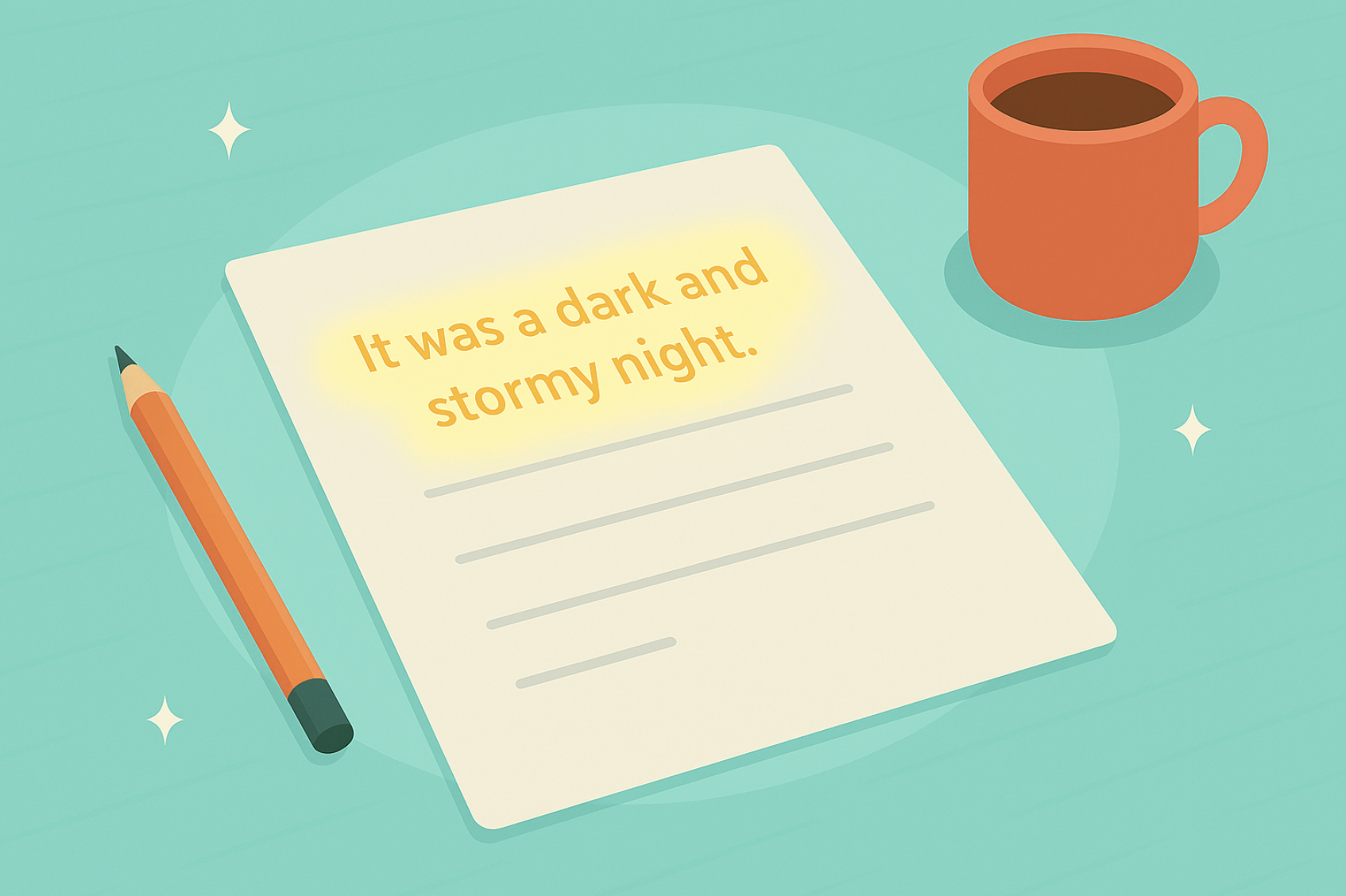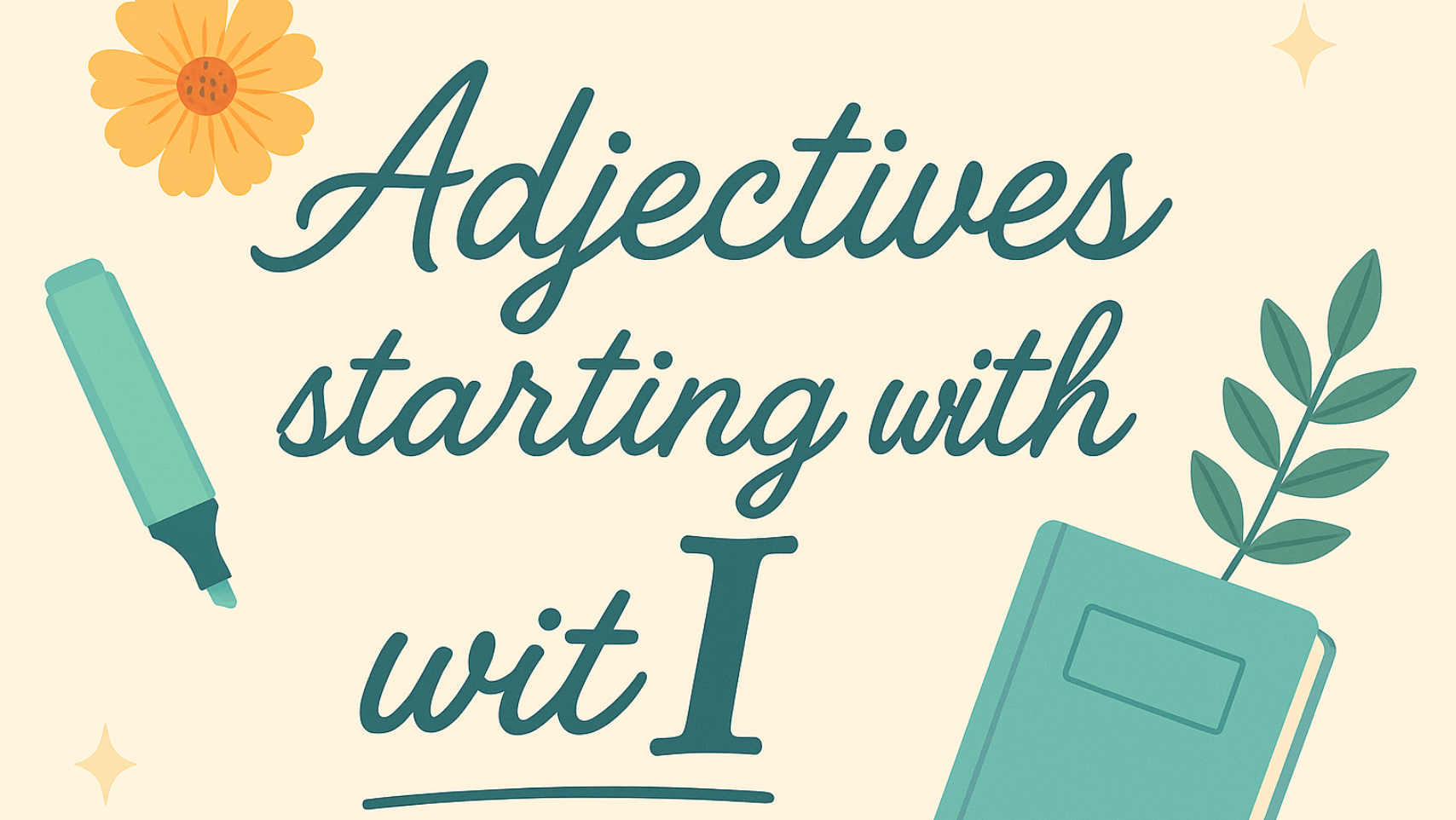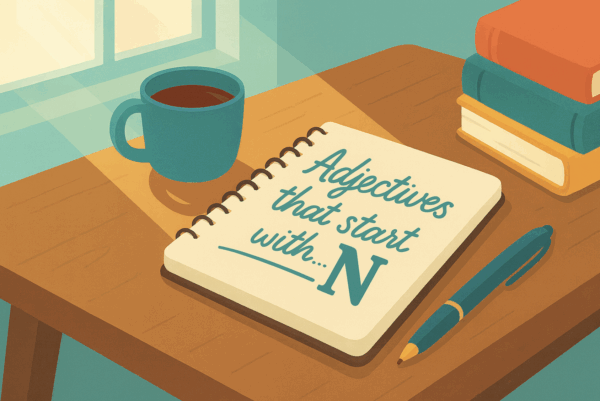Staring at a blank page is every writer’s rite of passage. You know what you want to say, but the first line just sits there… waiting… mocking you. That’s where good sentence starters swoop in like literary superheroes, no capes required.
Think of them as the launchpads of your writing. Whether you’re crafting an essay, opening a body paragraph, or just trying to hook your reader so they don’t wander off to check their phone, the right starter makes all the difference. They set the tone, guide your ideas, and save you from the dreaded “Uhh, how do I even begin?” moment.
In this guide, we’ll break down what makes a sentence starter “good,” explore different types (topic sentences, hooks, essay openers, body transitions), and share 100+ examples you can borrow, tweak, or proudly claim as your own secret weapon. By the end, you’ll not only know what are good sentence starters – you’ll have a whole toolbox ready to make your writing flow smoother than your morning coffee.
What Are Good Sentence Starters?
At their core, sentence starters are exactly what they sound like: words or phrases that kick off your sentences with clarity and purpose. Instead of fumbling with “umm,” “so yeah,” or your fifth “basically,” these little linguistic tools help you launch ideas smoothly and guide your reader through your argument, story, or essay.
Think of them like road signs for your writing. A good starter tells the reader, “Hey, we’re turning left into a new idea now,” or “Brace yourself, here comes the conclusion.” Without them, your paragraphs risk reading like a GPS that’s constantly “recalculating.”
Here’s why they matter:
- Structure: They frame your thoughts so your essay doesn’t resemble a pile of laundry—everything is sorted, folded, and in its place.
- Flow: They create smooth transitions between ideas, so your reader doesn’t feel like they’ve tripped on a sentence.
- Engagement: The right hook at the start of a sentence can make even a tired professor look up from their red pen and think, “Well, that’s interesting.”
Good sentence starters aren’t there to make your writing look fancy, they help with sentence structure. They’re there to guide your reader, keep their attention, and help your ideas land smoothly. Think of them as bridges and without them, your sentences can feel like random stepping stones scattered across a river. With them, the path is clear and easy to follow.
The key is choosing starters that fit your purpose. If you’re opening an argument, you’ll want something strong and direct. If you’re explaining evidence, you’ll need a phrase that signals support. And if you’re wrapping up, you’ll want a closer that feels natural and conclusive.
Different starters work for different moments, just like you’d choose different tones when talking to a friend, a teacher, or a colleague. It’s all about matching the right phrase to the right situation.
Why Use Good Sentence Starters?
If writing were a dinner party, sentence starters would be the polite host who is welcoming guests, showing them where to sit, and making sure no one feels lost between the appetizers and dessert. Without them, your reader is left awkwardly hovering in the doorway, wondering what’s going on.
Here’s why they’re worth your attention:
1. They Bring Clarity
Good starters give your sentences a clear direction. Instead of dropping your reader into the middle of an idea like a surprise party no one asked for, you ease them in and let them know what’s coming next.
2. They Create Flow
Transitions matter. Without them, your essay can feel like a series of unrelated thoughts strung together—more like a grocery list than a polished piece of writing. Starters help each sentence connect to the next, keeping your reader comfortably along for the ride.
3. They Build Engagement
The right hook sentence starter at the beginning can spark curiosity, make a bold claim, or pose a question that begs to be answered. In other words, they grab attention before it wanders off to cat videos.
4. They Add Authority
When you start confidently—“Research shows…” or “It is widely acknowledged…”, you sound like you know what you’re talking about (even if you’re running on three cups of coffee and a deadline). Strong starters help your writing project confidence and credibility.
In short: good sentence starters aren’t just decorative flourishes; they’re functional tools. They help your ideas land with clarity, connect smoothly, and keep your audience nodding along instead of scratching their heads.
Types of Good Sentence Starters
Not all sentence starters are created equal. The best one depends on what you’re trying to do in your writing. Are you introducing a new idea, grabbing attention, or tying everything neatly together? Here are the main types and how to use them effectively:
1. Good Topic Sentence Starters
Topic sentences act as the signposts of your paragraphs. They let the reader know what’s coming and set the stage for your supporting details.
Examples:
- “One important reason is…”
- “A key factor to consider is…”
- “Another perspective worth exploring is…”
- “This highlights the importance of…”
2. Good Sentence Starters for Essays
Essay writing has three main parts: introduction, body, and conclusion. Each needs its own kind of starter.
Introduction Starters:
- “In today’s world…”
- “Many people believe that…”
- “The question of whether…”
Body Starters:
- “For example…”
- “In addition…”
- “On the other hand…”
Conclusion Starters:
- “In summary…”
- “Therefore…”
- “Ultimately…”
3. Good Hook Sentence Starters
Hooks are designed to grab your reader’s attention from the start—like the trailer before the movie. They can be surprising, thought-provoking, or simply intriguing.
Examples:
- “Imagine a world where…”
- “What if I told you that…”
- “According to recent studies…”
- “Few people realize that…”
4. Good Sentence Starters for Body Paragraphs
Body paragraphs need strong transitions so your essay doesn’t feel like a bunch of separate pieces glued together. These starters help connect your evidence and keep the flow.
Examples:
- “Building on this idea…”
- “This clearly demonstrates that…”
- “As a result…”
- “In contrast…”
- “This evidence suggests that…”
Each of these starter types has its own job to do. When used thoughtfully, they guide your reader from point to point without confusion—almost like a tour guide who knows exactly when to say, “And now, let’s move on to…”
Your Publishing Journey Awaits – Start Now120+ Good Sentence Starters (Organized by Use Case)
Below we’ve outline over 100 different ways to begin your sentences.
Good Sentence Starters for Essays
(For academic writing, reports, and assignments)
Introductions
1. In today’s world…
2. Many people believe that…
3. Throughout history…
4. It is often said that…
5. The purpose of this essay is to…
6. A common question is…
7. At first glance, it may seem…
8. The topic of… has always been important.
9. One of the main issues is…
10. Recent studies show that…
Body Paragraphs
11. For example…
12. Furthermore…
13. In addition…
14. On the other hand…
15. This evidence suggests that…
16. As a result…
17. This clearly demonstrates…
18. Similarly…
19. In contrast…
20. Building on this idea…
Conclusions
21. In conclusion…
22. Therefore…
23. Ultimately…
24. Taking everything into account…
25. To sum up…
26. On the whole…
27. It is clear that…
28. From this, we can see that…
29. In light of the evidence…
30. All things considered…
Good Sentence Starters for Books
(For storytelling, novels, and creative writing)
General Story Hooks
31. Once upon a time…
32. Imagine a world where…
33. It all began on a stormy night…
34. Few people realized that…
35. Most assumed it was impossible, until…
36. The story starts with…
37. Everything changed when…
38. The moment no one expected arrived…
39. Nobody could have guessed that…
40. It seemed like just another ordinary day…
Character Introductions
41. She had always believed that…
42. He never thought this day would come…
43. They were the kind of friends who…
44. At just twelve years old, she already knew…
45. Nobody ever expected him to…
46. Her secret was something no one else knew…
47. From the moment he walked in…
48. She had a habit of…
49. He was the kind of person who…
50. What defined her most was…
Setting the Scene
51. The city was alive with…
52. Deep in the forest…
53. The room smelled of…
54. Dawn broke over the horizon…
55. Silence filled the air as…
56. The night sky shimmered with…
57. Across the fields, you could hear…
58. The village rested quietly in…
59. The sea stretched endlessly before…
60. A storm gathered above…
Good Sentence Starters for New Chapters
(To reset, shift perspective, or build suspense)
Time Transitions
61. The next morning…
62. Hours later…
63. By the time night fell…
64. Weeks passed before…
65. At that exact moment…
66. The following day brought…
67. After a long silence…
68. Later that evening…
69. In the days that followed…
70. By sunrise…
Shifting Perspective
71. Meanwhile, across town…
72. Back in the village…
73. From his point of view…
74. What she didn’t know was…
75. Far away, another story was unfolding…
76. In another part of the city…
77. At the same time, elsewhere…
78. From her perspective…
79. Unknown to them…
80. While this was happening…
Building Suspense
81. Little did they know…
82. The truth was about to be revealed…
83. It started as an ordinary day, but…
84. No one could have predicted…
85. Just as everything seemed calm…
86. Beneath the surface, danger waited…
87. What happened next would change everything…
88. The silence was broken by…
89. Then, out of nowhere…
90. Something felt different that day…
Good Sentence Starters for Hooks & Attention Grabbers
(Great for essays, speeches, blogs, and creative pieces)
91. Did you know that…?
92. Believe it or not…
93. What if I told you that…
94. Here’s a surprising fact: …
95. Consider this scenario: …
96. Most people don’t realize that…
97. It may shock you to learn that…
98.Let me start with a story…
99. What would happen if…?
100. Imagine this situation: …
Good Sentence Starters for Persuasive Writing
(When you need to argue a point or convince)
101. I strongly believe that…
102. Without a doubt…
103. One cannot ignore the fact that…
104. Some may argue, but I maintain that…
105. It is essential to recognize that…
106. From my perspective…
107. The truth is…
108. Evidence clearly shows…
109. I am convinced that…
110. This proves that…
Good Sentence Starters for Analytical & Critical Writing
(For research essays, reports, or literary analysis)
111. The data indicates that…
112. This suggests that…
113. Researchers agree that…
114. The evidence points to…
115. This raises the question of…
116. One possible explanation is…
117. A closer analysis shows…
118. Scholars have long debated whether…
119. The findings highlight that…
120. This demonstrates that…
5 Tips for Using Sentence Starters Effectively
Sentence starters are like seasoning in cooking: the right amount makes everything delicious, but too much can overwhelm the dish. To get the most out of them, here are a few simple (and sanity-saving) tips:
1. Don’t Overuse Them
If every sentence begins with “Furthermore,” your reader will start to feel like they’re trapped in an endless PowerPoint presentation. Vary your starters so your writing feels natural, not robotic.
2. Match the Starter to Your Purpose
Choose starters that fit what you’re doing. Opening a new argument? Go with something strong like “One important reason is…”. Wrapping up? Use closers like “In summary…”. Think of them as tools in a toolbox—grab the one that fits the job.
3. Keep the Tone Consistent
A dramatic novel opener like “It all began on a stormy night…” won’t fly in a lab report. Make sure your starter matches your audience and purpose—formal for essays, conversational for blogs, creative for stories.
4. Use Them as Bridges, Not Crutches
Sentence starters should guide your reader smoothly from point to point, not carry the entire load. If your writing feels repetitive, check whether you’re leaning too heavily on them instead of developing your ideas.
5. Practice Variety
Mix short, punchy starters with longer, more complex ones. For example: “For instance…” (short) vs. “This evidence suggests that…” (longer). Variety keeps your writing dynamic and your reader engaged.
FAQ: Good Sentence Starters
Q: What are good sentence starters?
Good sentence starters are words or phrases used at the beginning of a sentence to guide your reader, create smooth transitions, and keep your writing clear and engaging. They can signal introductions, provide examples, show contrast, or wrap up ideas.
Q: What are some good sentence starters for essays?
For essays, it’s best to use starters that fit the structure:
Introductions: “In today’s world…,” “The purpose of this essay is to…”
Body paragraphs: “For example…,” “On the other hand…”
Conclusions: “In summary…,” “Taking everything into account…”
These make your arguments flow logically and prevent choppy writing.
Q: What are good topic sentence starters?
Good topic sentence starters introduce the main idea of a paragraph. Examples include:
“One important reason is…”
“A key factor to consider is…”
“This highlights the importance of…”
They tell the reader what to expect before diving into details.
Q: What are some good hook sentence starters?
Hook starters are designed to grab attention at the very beginning of your essay, book, or article. Examples include:
“Imagine a world where…”
“Did you know that…?”
“Here’s a surprising fact: …”
They spark curiosity and make readers want to keep going.
Q: What are some good sentence starters for body paragraphs?
Body paragraphs need smooth transitions to connect your evidence and arguments. Starters like “Furthermore,” “This shows that,” or “As a result” keep your ideas flowing logically while guiding your reader through your reasoning.
Q: Can sentence starters make my writing sound more professional?
Absolutely. Using varied, purposeful starters signals confidence and clarity. Instead of repeating the same plain openers, sentence starters help you sound polished, organized, and intentional in your writing.
Q: Should I use sentence starters in every sentence?
No, definitely not. They’re helpful tools, but using them too often makes writing repetitive. Aim for balance: sprinkle them in where they provide clarity or transitions, but let other sentences stand strong on their own.







